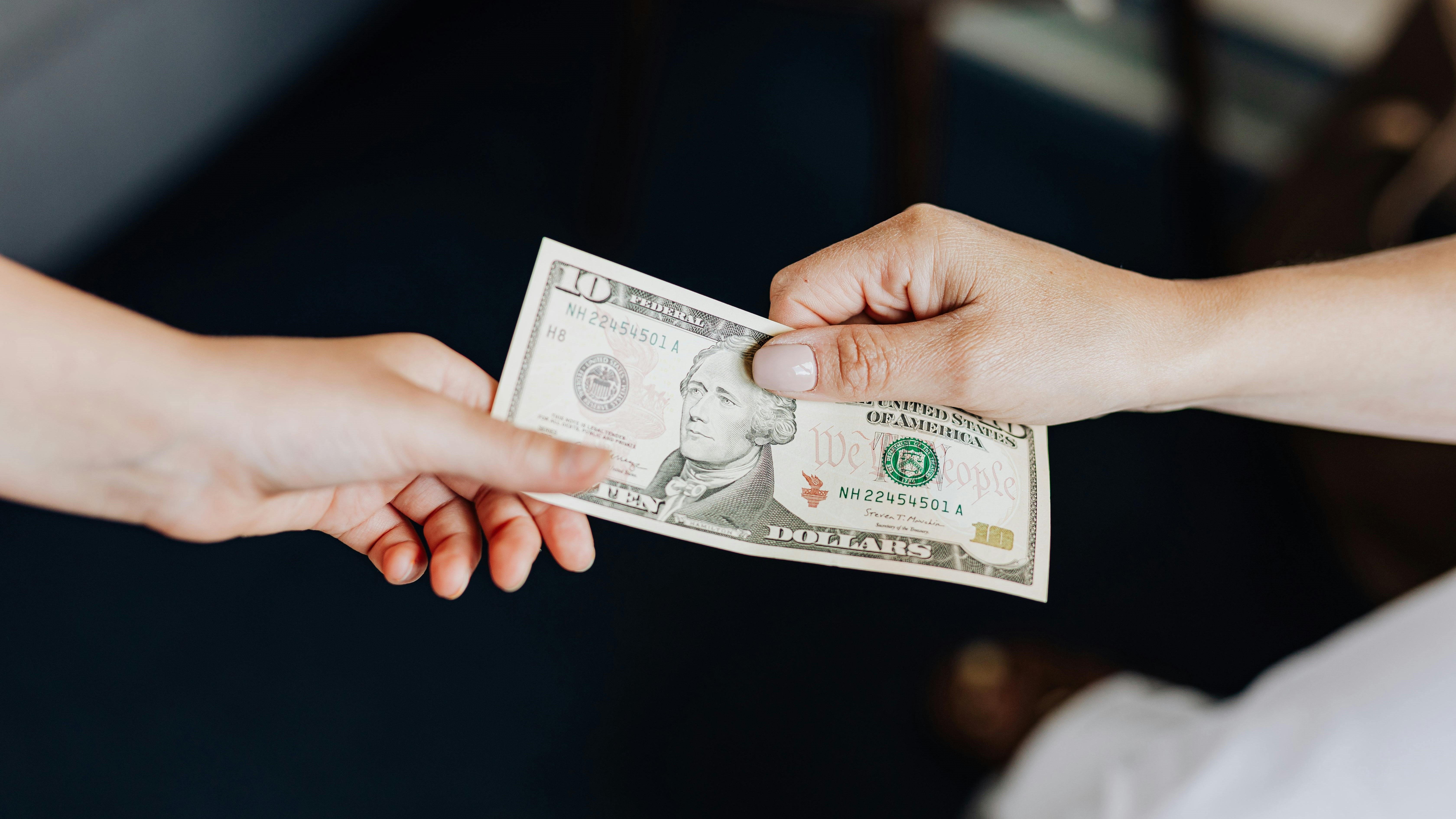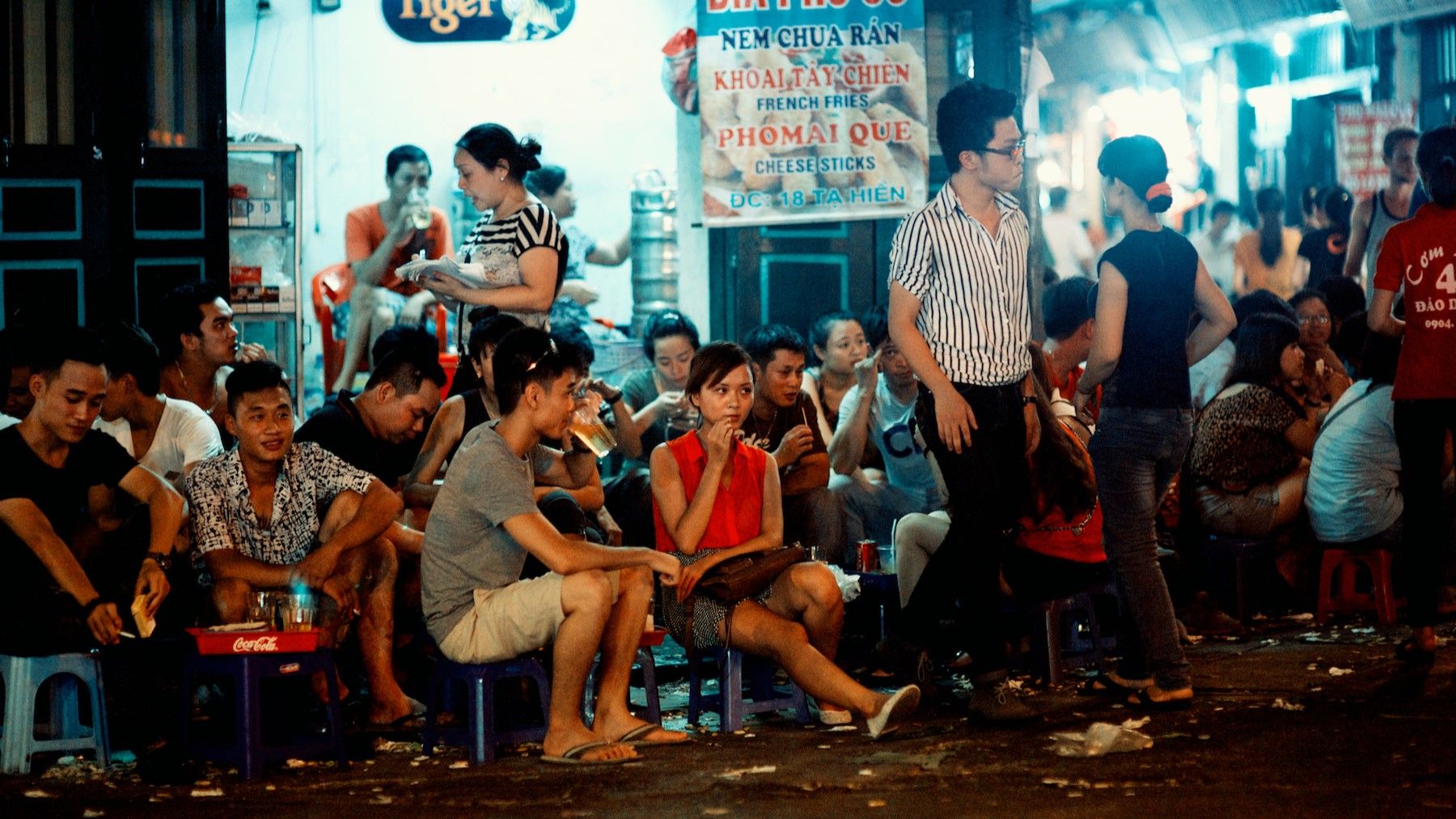
Tipping Etiquette in Vietnam: When and How Much to Tip
When traveling to Vietnam, understanding the local tipping culture can help enhance your experience. While tipping is not as ingrained in Vietnamese customs as it is in Western countries, it’s increasingly common in tourist areas. Knowing when and how much to tip can ensure you show appreciation without overstepping cultural boundaries. Here's a guide on how to approach tipping in Vietnam.
Tipping in Restaurants and Cafes

In Vietnamese restaurants and cafes, tipping is not expected, but it is appreciated, especially in establishments catering to tourists or higher-end venues. Most small, local eateries do not expect a tip. If you're dining at a mid-range or upscale restaurant, you can leave a small gratuity to show your satisfaction. A good rule of thumb is to tip around 5-10% of your bill.
If you're visiting a cafe, tipping is less common, though leaving a few thousand VND or rounding up your bill is a kind gesture. For larger groups or more attentive service, adding a small tip is always appreciated.
Tipping Tour Guides and Drivers

Tipping tour guides and drivers is more customary in Vietnam, especially for private or group tours. If you’ve had a memorable experience or great service, it’s polite to show your appreciation with a tip. For a full-day tour, tipping your guide around 100,000 to 200,000 VND (roughly $4-8) is appropriate, while drivers typically receive about half that amount.
For Halong Bay cruises, tipping the crew is often encouraged, particularly for longer or luxury cruises. While there’s no strict rule, it’s common to contribute to a communal tip jar at the end of your trip, ranging from $5 to $20 per person, depending on the length of your cruise and service quality.
Tipping in Hotels

Tipping in hotels in Vietnam follows similar patterns. For bellhops or porters who assist with luggage, leaving 20,000 to 50,000 VND (approximately $1-2) is appreciated. Housekeeping staff may also receive a small tip, usually around 20,000 to 50,000 VND per night, left in your room when you check out.
At luxury hotels or resorts, tipping is expected for exceptional service, while at more modest establishments, tipping is less common but still welcomed.
Tipping in Spas and Salons
Spas and salons are popular in Vietnam, especially among tourists looking for relaxation. A small tip of around 50,000 to 100,000 VND (about $2-4) is generally well-received after massages or treatments, especially if the service is excellent. In high-end spas, tipping up to 10% of the total bill is also acceptable.
Tipping in Taxis and Ride-Hailing Services

For taxis and ride-hailing services like Grab, tipping is not required but appreciated. Most locals don’t tip drivers, but rounding up the fare to the nearest 10,000 VND is a nice gesture. For longer trips or exceptional service, you can leave a small tip of 10,000 to 20,000 VND.
Tipping Street Vendors or Market Sellers
For taxis and ride-hailing services like Grab, tipping is not required but appreciated. Most locals don’t tip drivers, but rounding up the fare to the nearest 10,000 VND is a nice gesture. For longer trips or exceptional service, you can leave a small tip of 10,000 to 20,000 VND.
Tipping is generally not expected for street vendors or market sellers, as these are typically fixed-price transactions. However, if you’re taking a street food tour in Hanoi, consider tipping your guide, as they usually put extra effort into ensuring you have a fantastic local experience. Street food walking tours are a great way to explore Hanoi’s Old Quarter while savoring authentic Vietnamese dishes.
When Not to Tip
In some situations, tipping may be considered unnecessary or awkward. For example, government offices, official businesses, and hospitals generally do not accept tips. Additionally, in small local establishments or rural areas, tipping may confuse the staff or be seen as unusual.
General Tipping Guidelines in Vietnam
- Currency: Always tip in Vietnamese Dong (VND) rather than foreign currency to avoid inconvenience.
- Discretion: Offer tips quietly, especially in places where tipping is not customary, to avoid making anyone uncomfortable.
- Appreciation: While tipping is optional, it is a way to show appreciation for exceptional service, particularly in tourist-heavy areas.
Tipping in Vietnam isn’t obligatory, but it’s a gesture that can enhance your travel experience and show gratitude for excellent service. Whether you're enjoying the serene beauty of Halong Bay on a cruise or navigating the vibrant streets of Hanoi, tipping thoughtfully helps you connect with the local culture in a meaningful way.